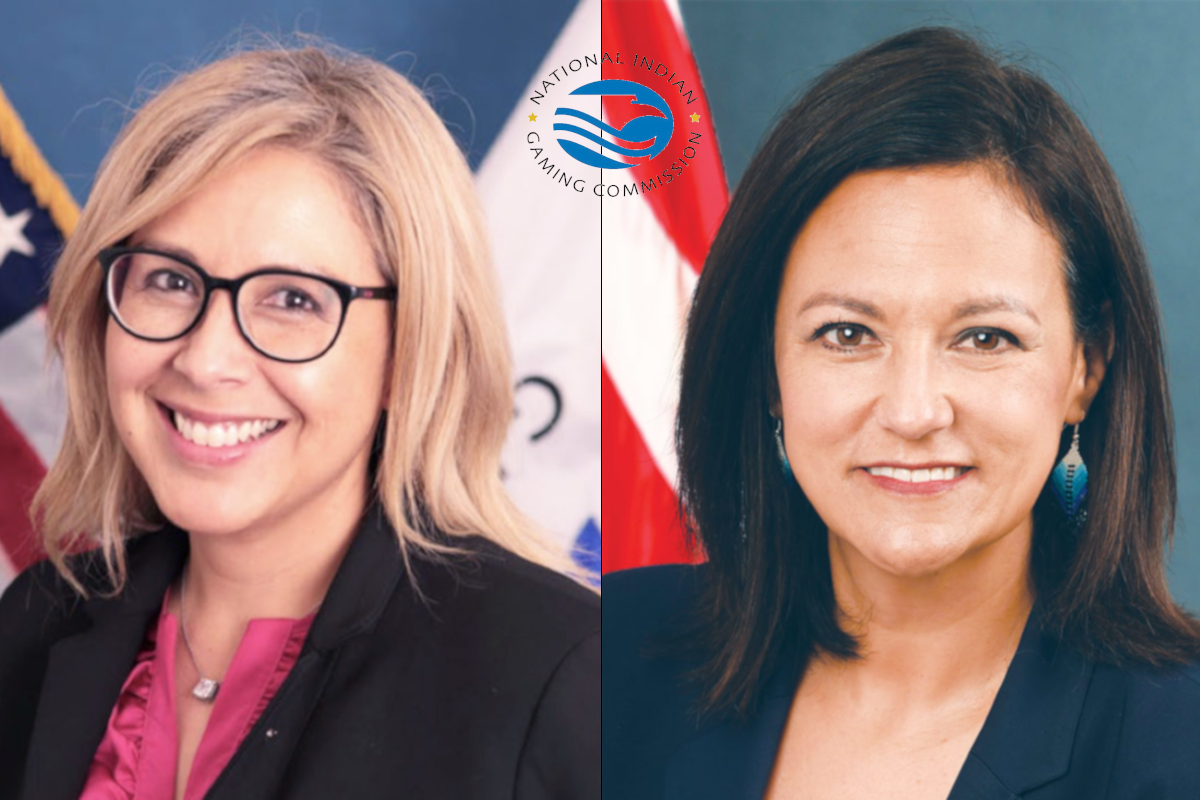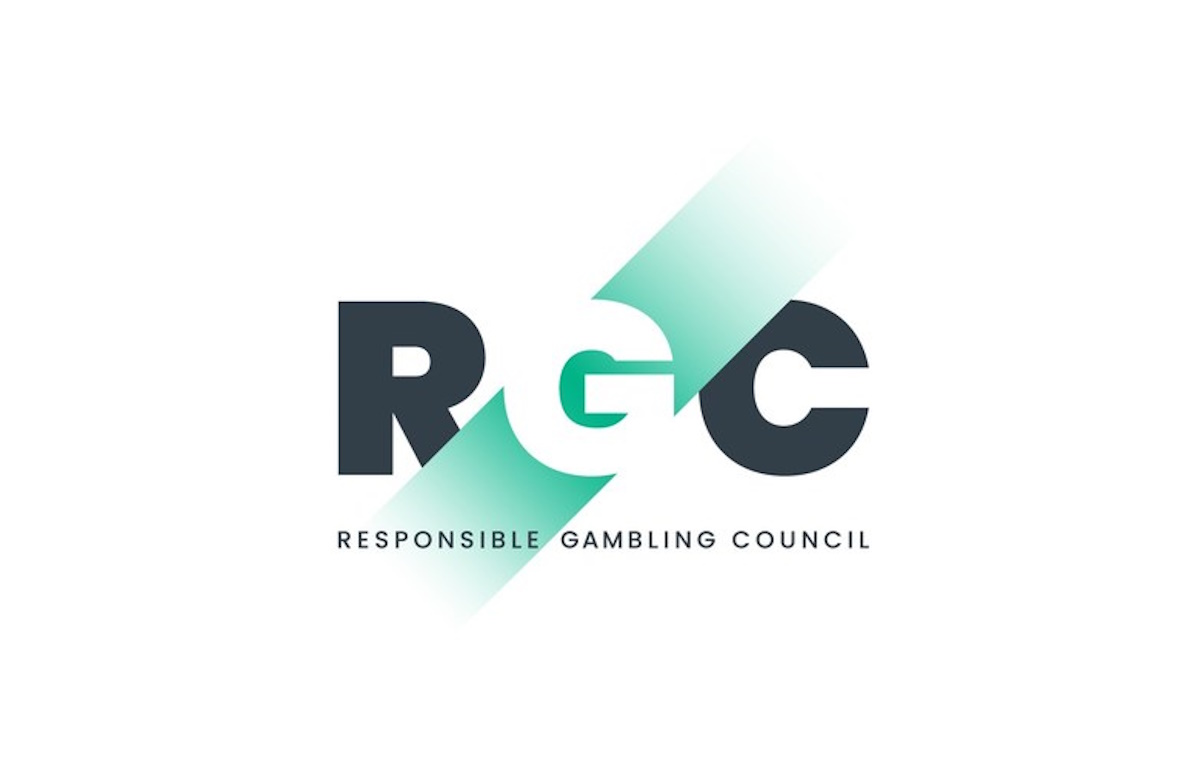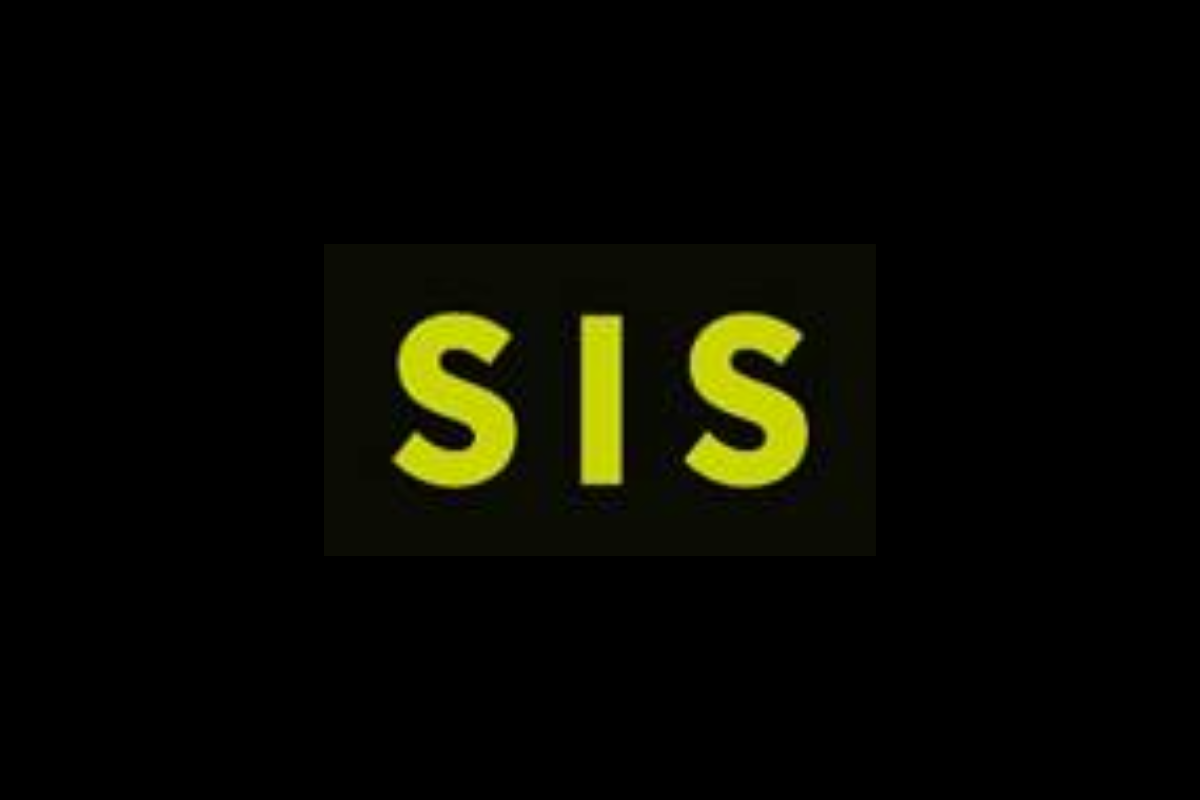
Secretary Haaland Announces Appointments to National Indian Gaming Commission
Secretary of the Interior Deb Haaland today announced the proposed appointments of Sharon Avery (pictured, left) and Jeannie Hovland (pictured, right) as Associate Commissioners to the National Indian Gaming Commission.
The Indian Gaming Regulatory Act established the three-person National Indian Gaming Commission in 1988 to support and promote tribal economic development, self-sufficiency and strong tribal governments through the operation of gaming on Indian lands. The National Indian Gaming Commission’s Chair is appointed by the President and its two Associate Commissioners are appointed by the Secretary of the Interior. All National Indian Gaming Commission members serve three-year terms.
“The Biden-Harris administration is committed to ensuring that tribes have the resources they need to exercise their tribal sovereignty and support their communities,” Haaland said. “Not only does gaming support tribal economies, but the funding it generates also helps to support the vital services that tribal nations provide to their citizens; from language preservation to healthcare. Today’s appointments to the National Indian Gaming Commission will help ensure we continue to provide resources and support for an industry that remains one of the most significant sources of economic development in Indian Country.”
Avery is an enrolled member of the Saginaw Chippewa Tribe of Michigan. She currently serves as an Associate General Counsel for the National Indian Gaming Commission’s Office of General Counsel. In this role she has gained familiarity with the agency’s structure and the important role the agency plays within the tribal gaming industry. Prior to joining the National Indian Gaming Commission, Avery worked in the legal department of the Saginaw Chippewa Indian Tribe of Michigan for ten years. She graduated from Michigan State University College of Law with a Juris Doctor degree and a certificate from the Indigenous Law and Policy Center.
Hovland is an enrolled member of the Flandreau Santee Sioux Tribe of South Dakota and currently serves as Vice Chair of the National Indian Gaming Commission. Since joining the National Indian Gaming Commission, she has worked collaboratively to consult with tribes for the promulgation of regulations and to coordinate the agency’s regulatory responsibilities with tribal regulatory authorities. Prior to joining the National Indian Gaming Commission, Hovland served as Commissioner of the Administration for Native Americans and Deputy Assistant Secretary for Native American Affairs at the Department of Health and Human Services and held roles at the Interior Department as well as in the office of South Dakota Senator John Thune.
Appointments to the National Indian Gaming Commission can be finalized following a required 30-day public comment period. Information on how to comment and full biographies of the appointees can be found in the accompanying Federal Register notice.









